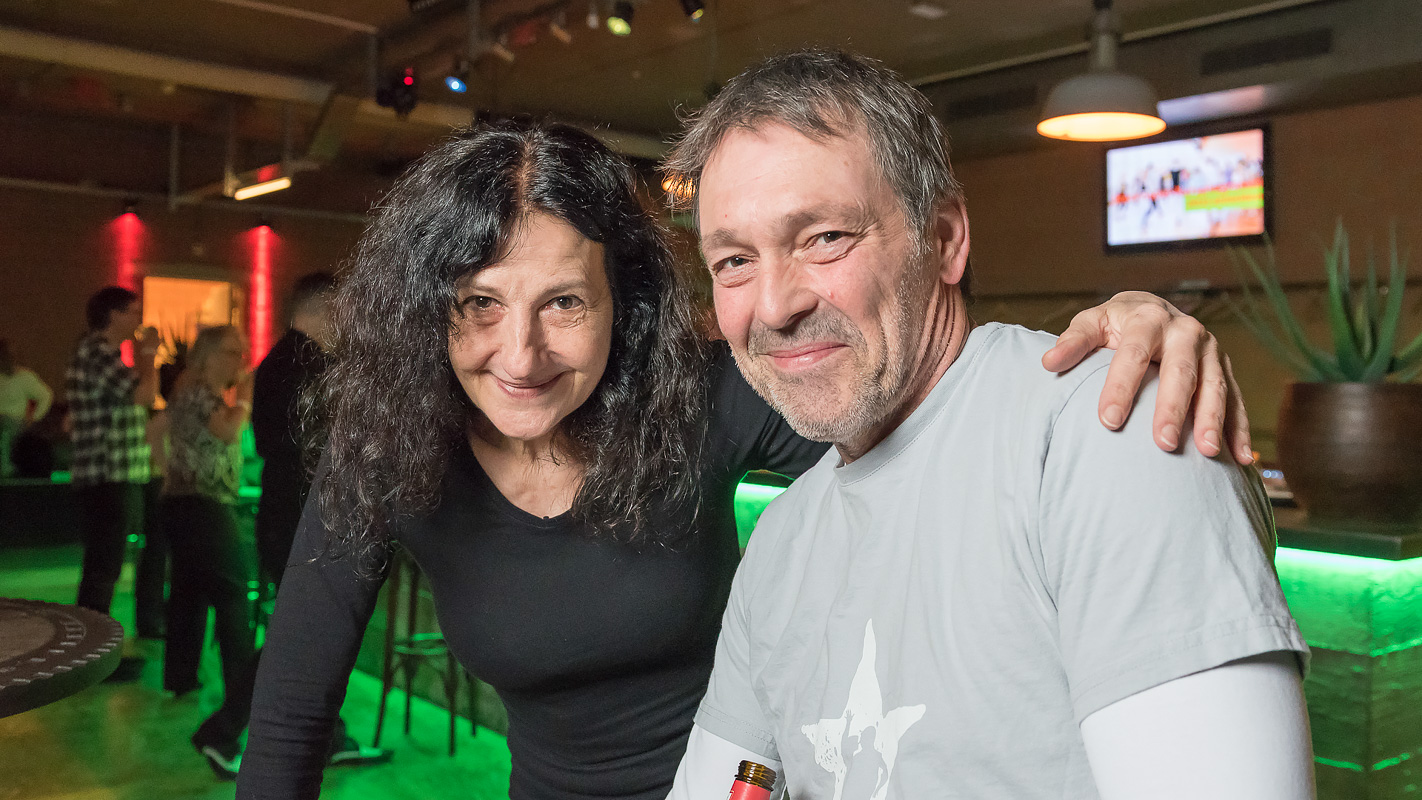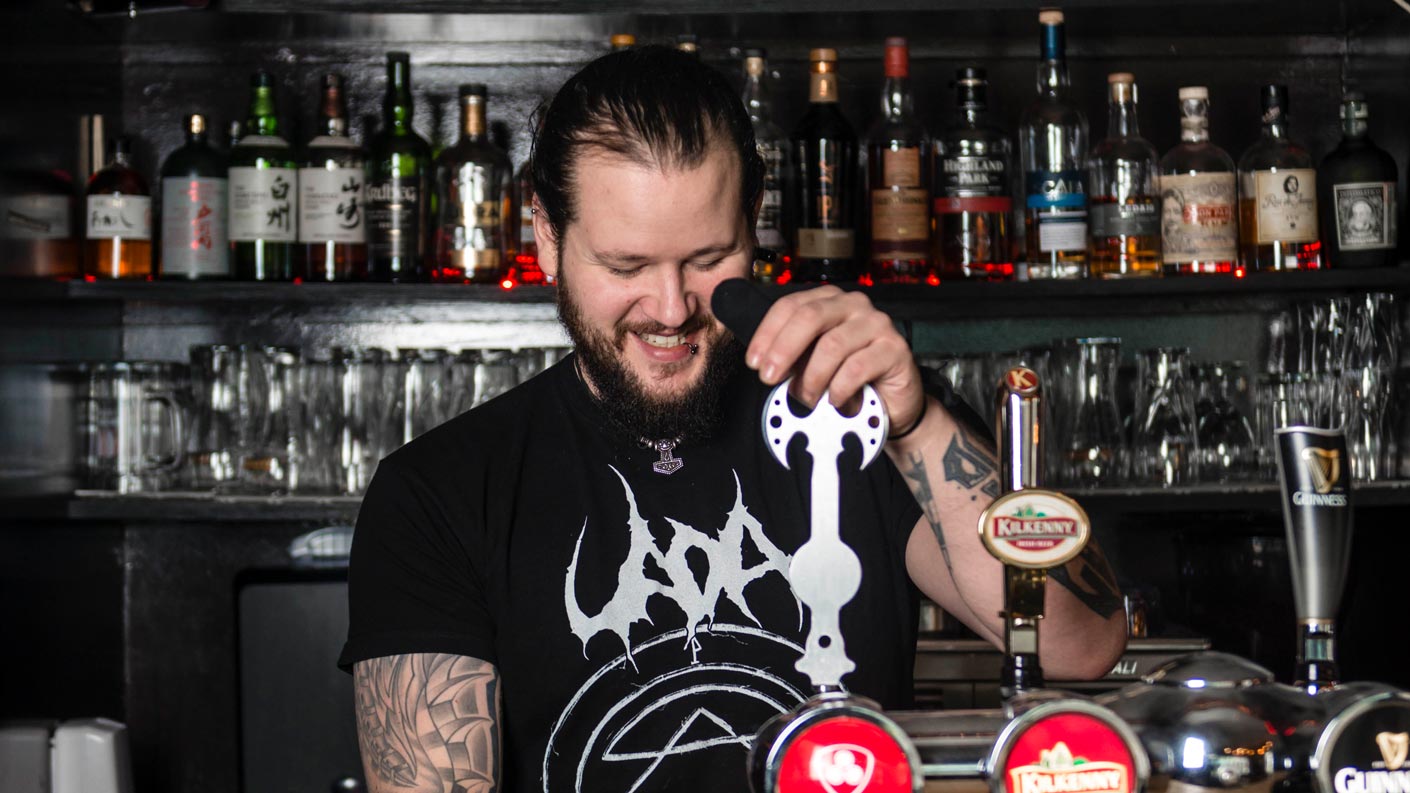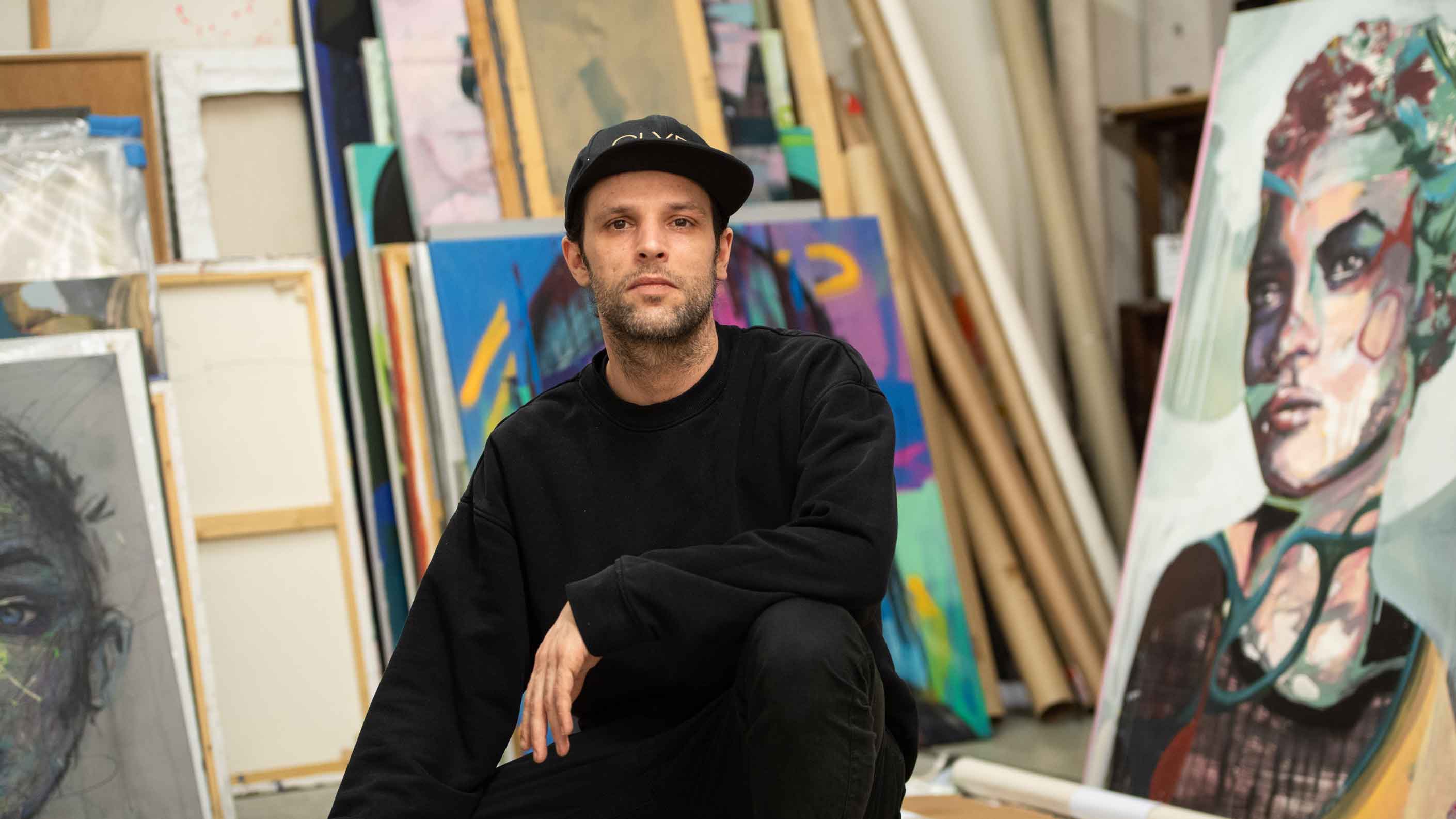Culture & Nightlife | Nightlife column
Partying together – an imminent prospect?
Zurich’s nightlife has been back in lockdown since the start of November. Virus mutations and tighter restrictions notwithstanding, our nightlife columnist Alexander Bücheli is confident that we will be able to party once again in early summer 2021.
Covid-19 still has Switzerland in its grip. Unfortunately, it is not yet possible to predict when the situation will improve. In the interests of all, the focus remains on protecting the population. In other words, cases need to fall to prevent further deaths and avoid jeopardising the success of the ongoing vaccination programme. However, if our concerted efforts over the next few months succeed in alleviating the situation, we have every reason to be optimistic about the prospect of partying together once again.
We have to avoid a repeat of last summer.
It is important to start by pointing out that the consensus among Zurich’s nightlife operators is that, while they want to get back to doing what they love as soon as possible, sustainability rather than timing should be the priority for the lockdown 2.0 exit strategy. In this context, ‘sustainability’ refers to economic viability and planning security. We have to avoid any repeat of the scenario last summer when, although clubs were permitted to open, Covid-19 restrictions meant that only 40% of venues were able to operate as normal, and these faced new measures almost every week
Even full occupancy could be conceivable.
Many of us still vividly remember last summer’s headlines about superspreaders in clubs. A German study has now revealed important findings about the risk of infection at indoor music events. Commissioned by the Konzerthaus Dortmund and conducted by the Fraunhofer Institute for Telecommunications (HHI) and other research partners, the study used a dummy simulating human breathing to examine the dispersion of aerosols and CO2 within a concert hall. The analyses showed that, in particular in a concert hall setting, the risk of aerosol transmission of infections can practically be eliminated if air-conditioning and ventilation systems provide sufficient circulating fresh air and guests remain seated during the performance and wear face coverings over their mouth and nose. In these conditions, test aerosols had virtually no influence on the seats adjacent to that occupied by the dummy (even those in front of and behind the dummy). Consequently, provided face coverings are worn, even full occupancy could be conceivable. The study found that rather than hindering air exchange, a high number of attendees at an event actually promoted this aspect (at least, in the test ventilation conditions examined) as a result of thermal effects.
Compulsory vaccination is virtually ruled out.
The study considered the scenario of a seated concert without consumption of drinks and did not examine the effects of temporary removal of masks or people circulating within the hall. It did, however, consider the absence of masks within the hall. It concluded that in a seated setting and with air-conditioning and ventilation working at 100% capacity, the risk of infection is very low. Wearing a face covering in the hall is an advantage, but not as significant as previously assumed.

As well as the issue of ventilation and associated spread of aerosols, vaccination will also play an important role in the resumption of cultural events. Not so much in relation to admission to an event, but more because vaccination will hopefully succeed in better protecting at-risk groups and preventing hospital admissions and deaths. Vaccination as a requirement for admission to events or a bar, as discussed repeatedly in the media, will probably never happen in Switzerland due to laws protecting personal privacy and prohibiting discrimination. But one thing is clear: if these purely hypothetical mandatory vaccinations made it possible to allow events to take place, and the vaccine was available to everyone, then such an idea would certainly need to be given some serious consideration.
Nightlife must continue.
As well as medical advances and scientific findings on infection risk, the social value of nightlife is an important factor in the reopening of music clubs and bars. Life must go on, and this includes nightlife. In recent months, there has been a lot of talk about solidarity and consideration for others. During the first lockdown in particular, it was impressive to see how everyone – notably including young people – complied with government guidelines. No illegal parties were held, with ‘Stay at Home’ becoming the watchword for the party scene too. But nightlife is not just about partying and having fun; going out is a human need. Clubs and bars are important spaces, and not just for young people. If these venues were to disappear in the long term, the need for social interaction would be satisfied in concealed or public spaces. If nightlife remains in lockdown for several months to come, given the palpably increasing frustration among young people, more frequent gatherings can be expected. The escalation potential will increase and the police will be under greater pressure. We can therefore assume that the social side effects of Covid-19 restrictions will increasingly be considered in assessments of the situation.
Zurich’s nightlife operators remain optimistic. In liaison with the Schweizer Bar und Club Kommission (SBCK), the Verband Schweizer Musikclubs und Festivals (PETZI), the Swiss Music Promoters Association (SMPA) and the Federal Office of Public Health, they are hoping it will soon be possible to set an approximate date for the resumption of cultural events in Switzerland. Despite coronavirus mutations, there is hope that we will be able to dance together once again in early summer.





